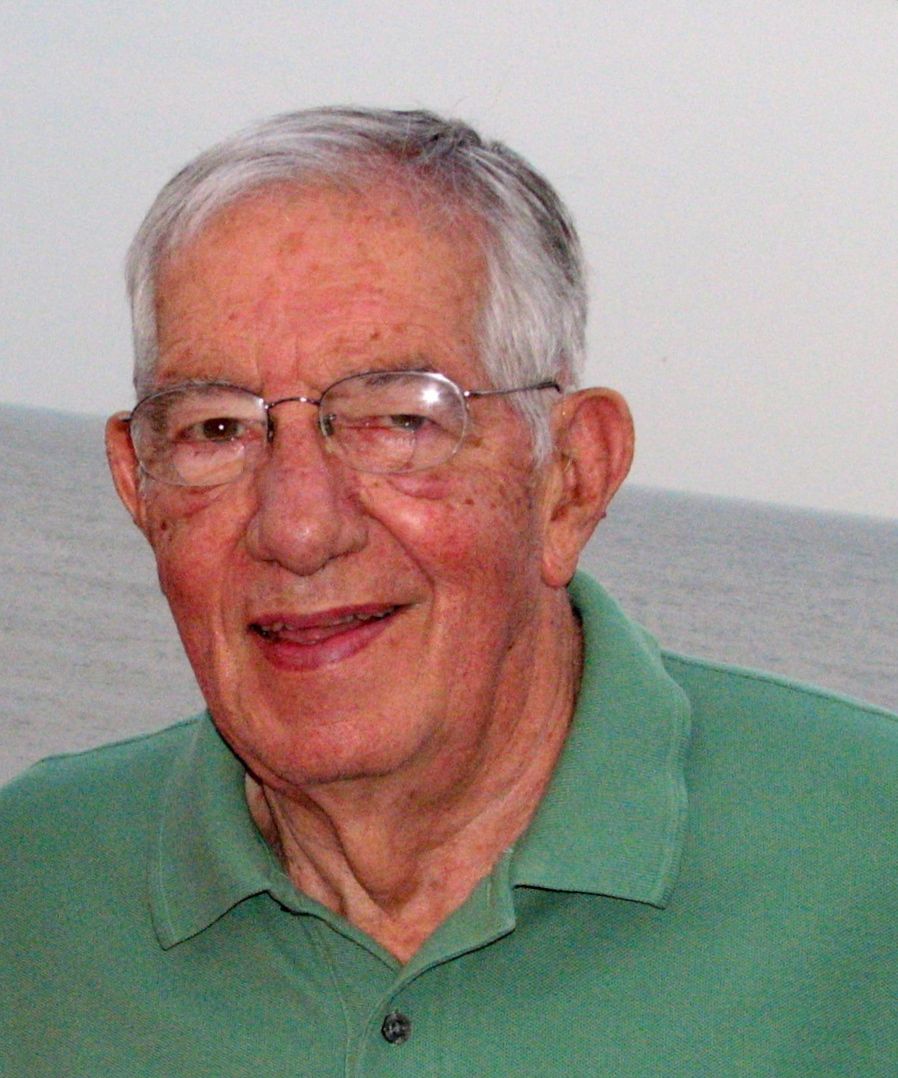No one outside the small world of telecom policy cared much that the Federal Shutdown would close the Federal Communication Commission (FCC). Other than the hope that closing the FCC would open the door for Joss Whedon to slip in some full frontal nudity and cussing on the next episode of Agents of S.H.E.I.L.D., most people don’t think of the FCC as having much impact on their lives.
It turns out, however, that the shut down of the FCC may very well delay the sale of new tech toys scheduled for release this Christmas season. And I don’t just mean the obviously FCC things like new cellphones. Every toy with a computer chip, every TV set, every microwave oven, and just about everything else that produces “radio frequency emissions” needs an FCC certification before it can get shipped to stores for sale.
Why? Because things that draw a lot of electric current that oscillates rapidly, like a computer chip, produces radio interference. If you have something that shoots short bursts of high powered radio waves, like your microwave oven (aka “radarrange oven” for you spectrum trivia buffs), you want to make sure the device won’t ‘leak’ into neighboring spectrum and cause interference with things like cordless phones. Also, if your cell phone or wifi chip gets the power jacked up too high, it can microwave your ear off or something.
So to keep your microwave from interfering with your cellphone, and to keep your cellphone from microwaving your face, federal law requires the FCC to certify all devices that produce radio waves (either intentionally for communication or just incident to use). Most of the actual testing is done by outside laboratories, and the process as a whole is fairly well streamlined. But with no one at the FCC to review the lab reports and process the paper work, the backlog is starting to mount and all the tech toys for this year’s Christmas season are stuck in Santa’s workshop, aka storehouses Singapore, waiting for certification so they can get to U.S. stores in time.
The FCC on average processes a little over 1000 applications for certification a month. They process them in the order they arrive. But not only is no one at home right now processing the ones that were already filed, you can’t file new ones. If you are a manufacturer, you now have absolutely no idea if your product will be on shelves on Black Friday. Worse, your competitor’s product could be there a week or two weeks ahead of yours, getting all the reviews and becoming The Hot Tech Toy of The Season while your product languishes on loading docks.
And it’s even worse for us Jewish people. Chanukah hits at Thanksgiving this year. Thousands of disappointed little Jewish boys and girls will be stuck with all the Uncool Last Year’s Models, while all their non-Jewish friends can still get the latest models on the 24th of December. Our last Thanksgivingukkah for the next millennium, ruined by the federal shutdown!
Will this be the Shutdown That Ruins Christmas? Or will the spirit of peace on Earth and goodwill to all men come back to Washington, and get those hardworking, lovable little federal elves back to the FCC branch office at Santa’s workshop in time?
Stay tuned . . . .





